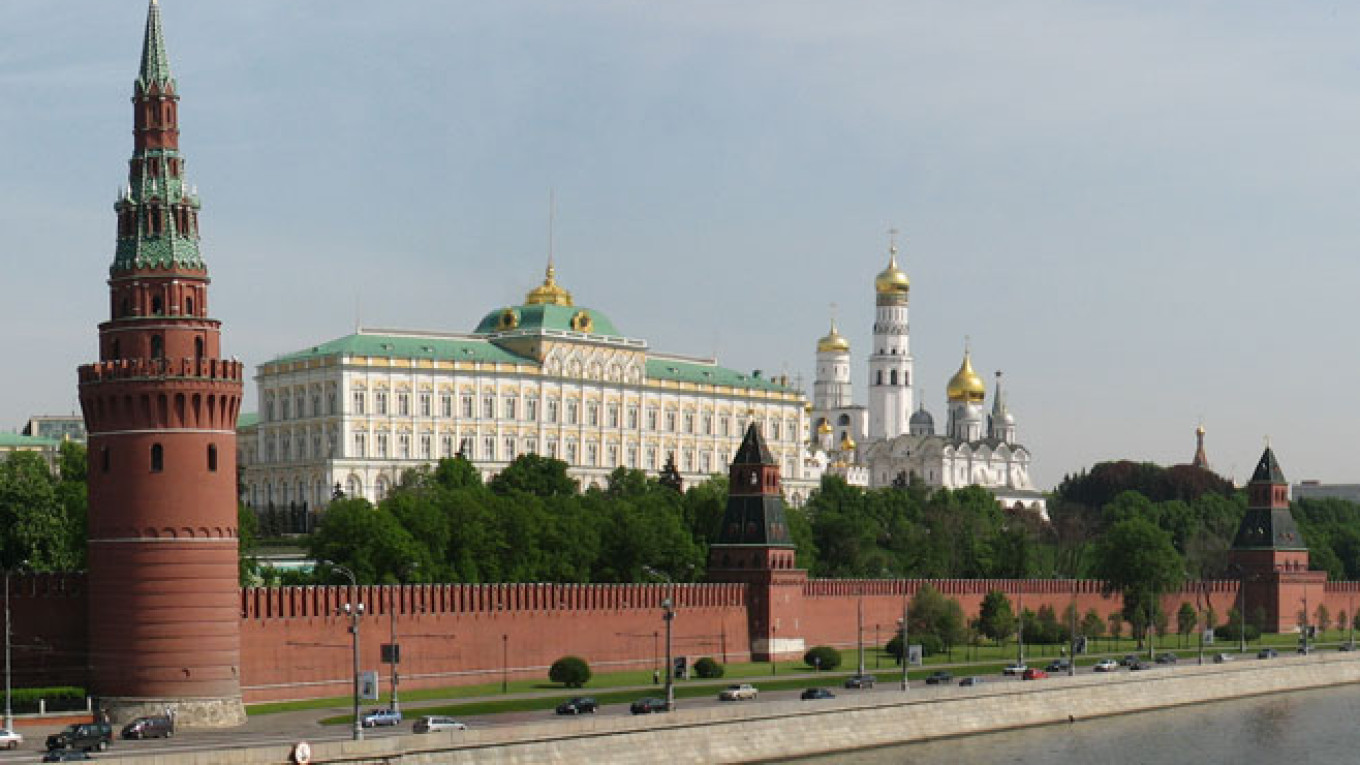The Kremlin began spinning the Panama papers before they were even released.
Six days before the first report on murky offshore dealings was published on April 3, Kremlin spokesman Dmitry Peskov announced that Western journalists, likely at the urging of their countries' special services, were readying an attack on Russia. "These comrades are using tried and tested methods," he warned.
If the Kremlin was worried, it quickly recovered. The main revelation — that businessmen from Putin's inner circle had funneled $2 billion through offshores registered to Sergei Roldugin, cellist and godfather to Putin's daughter ?€” failed to prove any criminality sanctioned by the president.
"We were expecting better," responded Peskov. "They didn't find much new." Andrei Kostin, the head of VTB, a state bank that supposedly participated in the Roldugin network, called the insinuations "bulls**t."
The scandal appeared contained, yet Russian authorities kept on responding.
Putin weighed in four days later. He too said the leaks were orchestrated by the United States to sow distrust in Russian institutions. "They are trying to destabilize us from within in order to make us more compliant," he said.
He also went further. He gave a passionate defense of Roldugin, describing him as a philanthropist whom he was proud call a friend: "The more people like him we have, the better."
Then, as if in passing, he added: "by the way, it's a good thing we still have our cable networks."
When sensitive news breaks in Russia, state television looks to the Kremlin to understand how to cover it, says political scientist Yekaterina Schulmann. So it was that Putin's intervention set the scene for the weekend's television.
On Sunday, the agressive, opinionated news program Vesti Nedeli broadcast an interview with Roldugin. Filmed at the expensively-renovated canalside palace in St. Petersburg that houses Roldugin's musical school, the cellist appeared as a role model. The 64-year-old, a blue sweater draped casually across his shoulders, suggested that his wealth had come from donations by Russian businessmen. The money, he insisted, went to buy instruments and help young Russian musicians.
He made no effort to address his alleged network of companies and shares, valued by The Guardian newspaper as worth at least $100 million. "There's nothing to catch me on here," said Roldugin. "Everything is open. I am indeed rich ?€” rich with the talent of Russia."
Vesti Nedeli then revealed a more patriotic explanation for Roldugin's offshore network: A supposed CIA plot from 2008 to buy control of Russia's cable television network. According to the report, Russia's security services asked Russian companies and banks to transfer $1.5 billion offshore to ward off the U.S. threat and keep the assets in local hands. Though not stated outright, the program implied that Roldugin's companies had been used.
It is not clear how truthful either account is. Rodugin does buy instruments overseas ?€” one figure at a major auction house said the market knew him as a buyer of the best. Roldugin's music school receives government subsidies, and according to The Guardian, his income amounts to some $6.5 million per year.
When Russia's main cable television operator was bought in 2008, at least one offshore company registered to Roldugin was involved in the sale. Insiders told The Moscow Times the president was lobbied by businessmen and officials who appealed to the network's national security value to gain Putin's support for the deal. Any involvement of U.S. or Russian special services is unclear.
Does the truth even matter? The story's real aim is to create an atmosphere, says political analyst Vladimir Gelman. Though the Panama papers may not have seriously damaged the reputations of Putin or other well-connected Russians, the public must be primed to view any negative news about Russia through a conspiratorial lens, says Gelman. With the country in an economic slump and elections coming up later this year, this is the Kremlin's insurance strategy against any bad news to come.
Contact the author at p.hobson@imedia.ru. Follow the author on Twitter at @peterhobson15
A Message from The Moscow Times:
Dear readers,
We are facing unprecedented challenges. Russia's Prosecutor General's Office has designated The Moscow Times as an "undesirable" organization, criminalizing our work and putting our staff at risk of prosecution. This follows our earlier unjust labeling as a "foreign agent."
These actions are direct attempts to silence independent journalism in Russia. The authorities claim our work "discredits the decisions of the Russian leadership." We see things differently: we strive to provide accurate, unbiased reporting on Russia.
We, the journalists of The Moscow Times, refuse to be silenced. But to continue our work, we need your help.
Your support, no matter how small, makes a world of difference. If you can, please support us monthly starting from just $2. It's quick to set up, and every contribution makes a significant impact.
By supporting The Moscow Times, you're defending open, independent journalism in the face of repression. Thank you for standing with us.
Remind me later.


